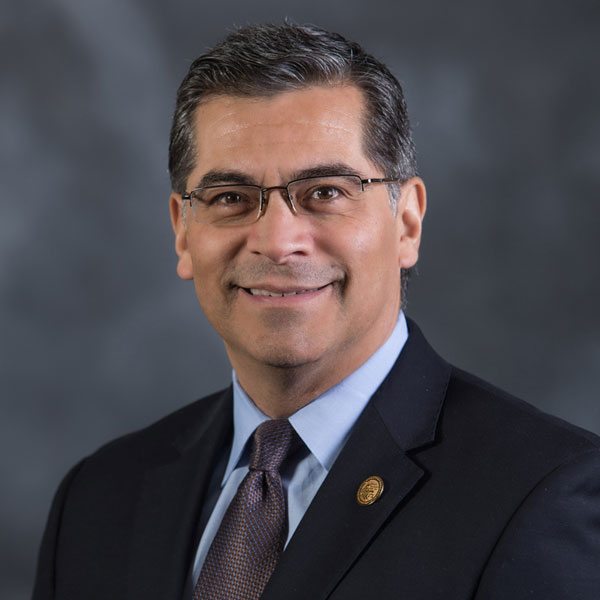
April 18, 2018; California Healthline
Xavier Becerra, California’s attorney general, has ordered three hospitals to meet their nonprofit commitments after the group petitioned to have their contribution requirements reduced. This brings to a conclusion an issue that began in February of this year.
Under California law, the attorney general can set charity requirements for nonprofit hospitals as they merge or are purchased by another nonprofit or for-profit hospital. This is on top of the IRS requirement that all nonprofit hospitals provide some, unspecified level of free or reduced-cost care in order to maintain nonprofit status.
The hospitals in question—Mission Community Hospital, Emanuel Medical Center, and University of Southern California’s Verdugo Hills Hospital—were in each case ordered to pay $1.7 million or more in order to meet their state-mandated charitable contributions.
Advocates for healthcare access for low-income Californians marked the attorney general’s decision as a victory. According to reporter Pauline Bartolone, Jen Flory, a policy advocate for Western Center on Law and Poverty, said the denial letters show that “Becerra understands there are still ‘unmet needs’ for financial assistance for people who have high-deductible plans or can’t afford their out-of-pocket costs.” Flory went on to note that hospitals can do more through outreach to help these patients understand their options for payment.
Sign up for our free newsletters
Subscribe to NPQ's newsletters to have our top stories delivered directly to your inbox.
By signing up, you agree to our privacy policy and terms of use, and to receive messages from NPQ and our partners.
The argument put forward by the hospitals was that the Affordable Care Act (ACA) had sufficiently reduced the number of uninsured to the point where it was inefficient to spend limited resources in assisting a dwindling pool of needy. It seemed unnecessary to allocate money that could be used in other areas to a problem that ACA was helping to solve. These monies could be spent on new equipment, more staff, better working conditions, and so forth. Ultimately, the attorney general did not buy the hospitals’ argument and denied their request.
The California law makes it one of 20 states that afford attorneys general or some other regulatory agent the power to intervene in the sale of nonprofit hospitals. The legislation recognizes the possibility that the overall availability of nonprofit-supported healthcare will be reduced in the event of a nonprofit merger, sale, or conversion to for-profit. It is simple enough to imagine why: If there once were two nonprofit hospitals, and now there is only one hospital, that’s a 50-percent reduction in available nonprofit hospital services. That argument extends further to nonprofit hospitals converting to for-profit hospitals. The law works as a tool to maintain a certain level—presumably the status quo—of charity-provided healthcare in the event of a reduction in supply.
Interestingly, it might have a dampening effect on the efficiency-enhancing mergers of nonprofit hospitals. Consider, for example, two nonprofit hospitals operating within the same market. If these two hospitals were to merge operations, they might see a positive efficiency gain. However, if the attorney general were to impose charitable contributions that outweigh those efficiency gains, the hospitals might not merge after all. Worse still, consider the possibility that one of those hospitals isn’t viable without the merger. The imposition of a charity threshold might lead to the market losing a hospital altogether. Ideally, the attorney general will take this into account, but it is an important consequence that requires thorough analysis.
In this case, the mandates likely will not bankrupt any of these three hospitals. Hopefully, their work in outreach and reduction of healthcare costs for low-income patients will improve the quality of life in the area. Even further, let’s hope that gain in quality of life is greater than the opportunity cost of using the money elsewhere.—Sean Watterson













